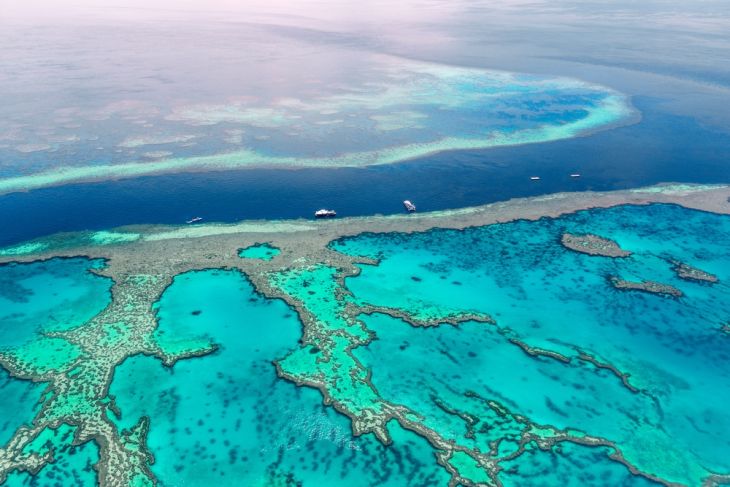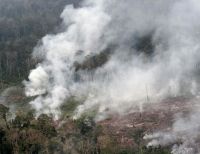Coral reef islands and their reefs – found across in the Indo-Pacific – naturally grow and shrink due to complex biological and physical processes that have yet to be fully understood. Now, climate change is disrupting them further, leading to new uncertainties for legal maritime zones and small island states.
But it may not be time to panic yet. A number of technologies and new approaches, coupled with expanded research into coral reef island behaviour, may help dispel some of the uncertainties and solidify claims.
A study by University of Sydney researchers, published in Environmental Research Letters, finds that the rules for atolls and coral reefs in international law of the sea – already murky and subject to interpretation due to their shifting nature – will be under greater stress as sea levels rise and ocean acidification disrupts reef integrity.
“It’s a perfect storm that is bringing instability and uncertainty to what are already difficult boundaries to determine with any great accuracy,” said Dr Thomas Fellowes, a postdoctoral research associate at the School of Geosciences of the University of Sydney and lead author of the paper.
“There are geopolitical consequences too. Coral reef islands are the legal basis for many large maritime zones. Hence, the climate disruptions we’re already seeing – and will see in the decades ahead – may have substantial impact not only for small island states, but in hotly contested boundary disputes in places like the South China Sea.”







